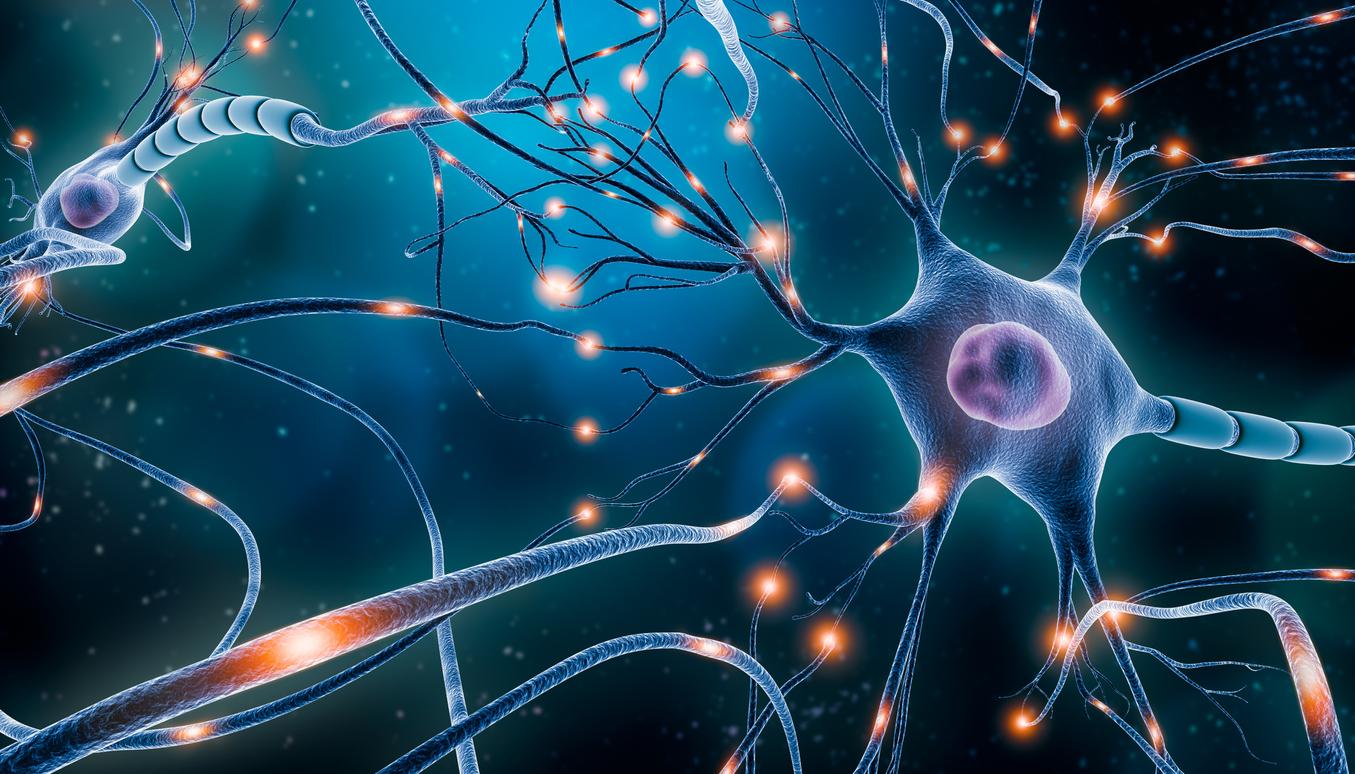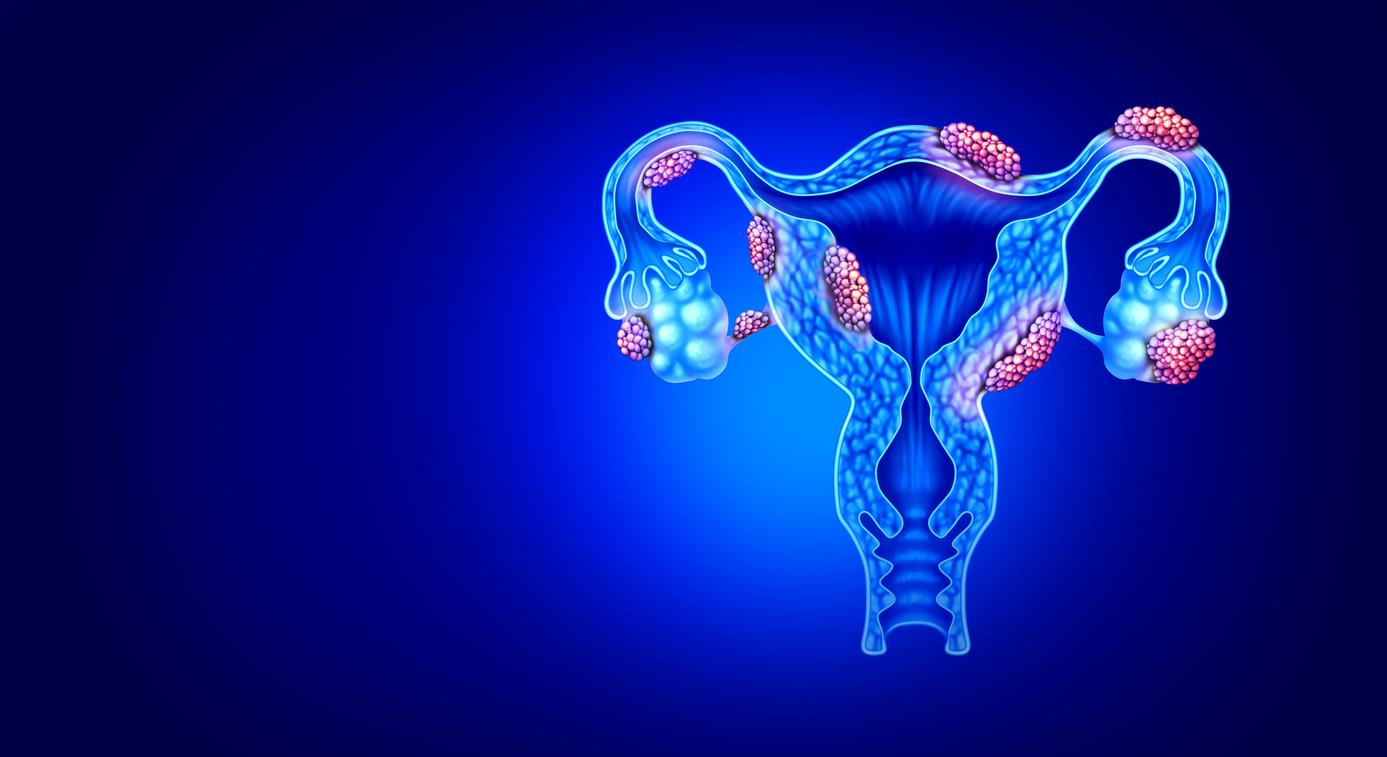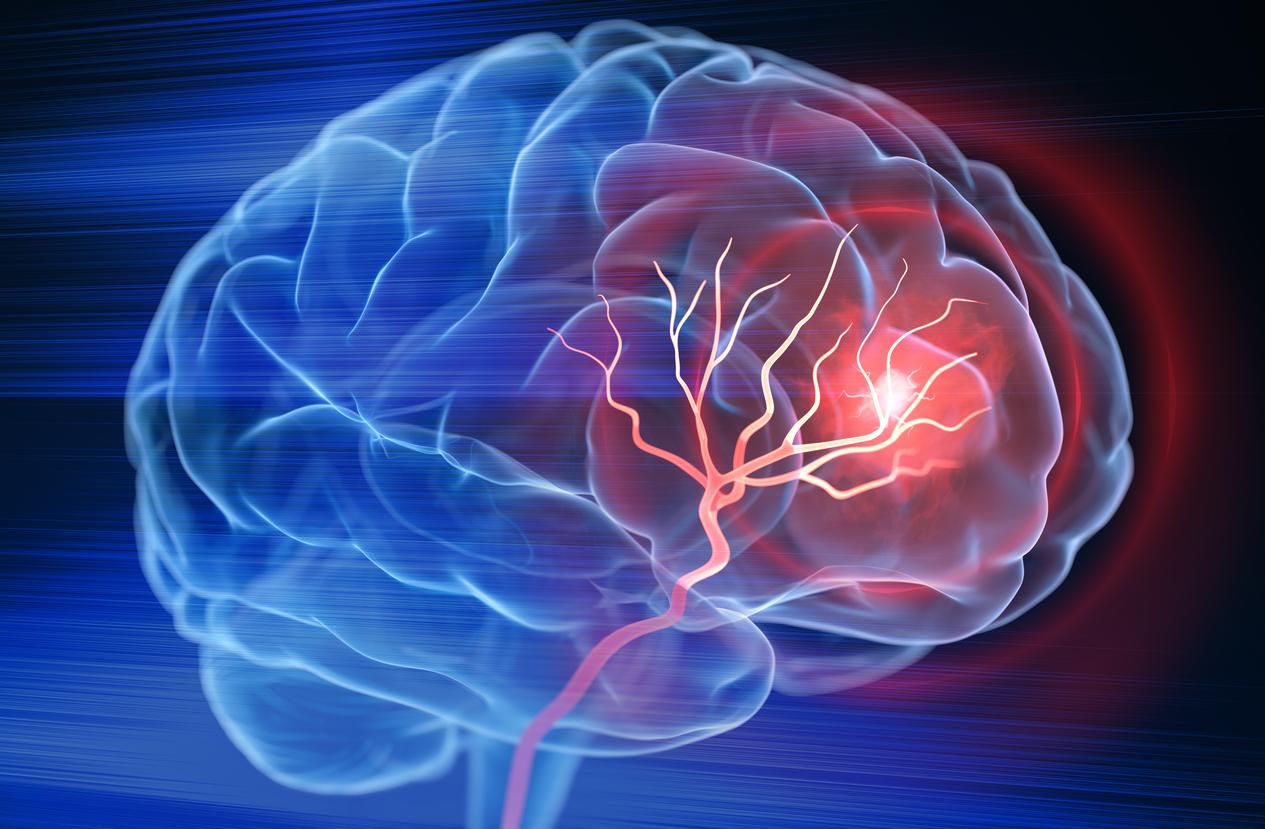The neurons involved in the creation of negative emotional states and stress have receptors for estrogen, the main female sex hormone, which explains why women are more sensitive to it than men.

- Researchers have found a biological mechanism that explains the differences in stress and anxiety between women and men.
- Women are generally more sensitive to it.
- The reason is that the neurons involved in these emotions have estrogen receptors, the main female sex hormone.
56% of women are stressed on a daily basis, compared to 44% of men, according to a survey carried out in 2022. To better understand this difference, many researchers are working on the brain and on the neuronal mechanisms linked to stress, which are still too little known.
Stress affects the area of the brain between the habenula and the hypothalamus
In a new study, published in the journal Nature Neuroscience, scientists have identified the nerve cells and neurons involved in creating negative emotional states and stress. The area in which the neural pathway activates when these situations arise is in the middle of the brain, between the habenula and the hypothalamus.
“We discovered this link between the hypothalamus and the habenula in a previous study, but we did not know what types of neurons the pathway was made up of, explains Konstantinos Meletis, one of the authors of this study, in a communicated. If we can understand how negative signals in the brain are created, we can also find mechanisms behind affective illnesses like depression, which will pave the way for new drug treatments.“
Stress neurons more sensitive in women
According to the researchers, the neurons involved in these emotions have estrogen receptors. These are hormones secreted by the ovary, the main sex hormones in women. Men also have estrogen, but in lesser amounts.
These neurons involved in the creation of negative emotional states and stress are more receptive to estrogen levels, which is why women are therefore more sensitive to it. The researchers confirmed this by confronting male and female mice with the same types of events. Result: the female mouse developed a much longer lasting stress response than the male.
“It has long been known that anxiety and depression are more common in women than in men, but there is no biological mechanism to explain this.emphasizes Marie Carlén, one of the authors. We have now found a mechanism that can at least explain these sex differences in mice.“


















